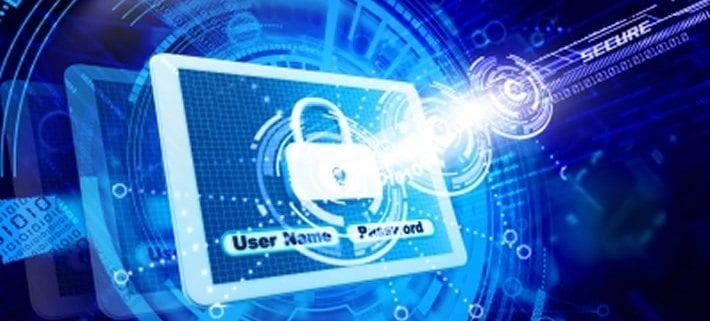About Password Security
Passwords plays a very crucial role on our online security for our different accounts that we use online. It also serves as our first line of defence again online cyber threats. So strong and complex password should be forge for each account that are very important.
How secure is your password that you’re using right now? Here’s some short story about password and tips…
“I have TWO separate e-mail addresses both with highly secured passwords (complex). I keep one for ordering on-line goods etc. and for mailing out i.e. NW members! I use the other for general enquiries etc. from sources that I do not know or who have not yet proven trustworthy. The latter one has most incoming mail sent to the junk folder as it’s mostly spam. This works as I haven’t received any spam at all on the first address. The second one gets loads but they are sent to the junk folder and then automatically deleted after one day. This way one can keep one’s personal stuff in separate chucks – the trusted friends/businesses and the not-so-trusted. After a while I delete the second address and make up a new one if the spam load increases. It is a bit of a pain to do with Hotmail but it is accepted provided you don’t do this every month. Another alternative is to have one’s normal mail via ISP and then make another one like Gmail etc.
The other tip is from the old ‘compuserve’ days and complex passwords. It is actually very easy to make these up by concatenating 2 or more words together and use substitutes for letters such as ‘i’ (replace with ‘1’), 4 for ‘a’, 0 for ‘o’ etc. It is easy to remember 2 or 3 words and the passwords produced using capitals as well are highly secure. Example: choose words easily remembered – let’s take Victoria, sponge and cake! This becomes V1ctor14Sp0ngeC4ke. This password is impossible to guess and would take an eternity of processor time to decrypt illicitly! Something I learned a long time ago but comes in very useful and so easily remembered. I had to teach my kids this as one of their mail accounts got hijacked – the password was feeble and guessed from her photos…
Account (mail) hijacks are very common – if friends get mails from scammers and spammers coming from ‘you’ then the account has been hijacked. It can usually be rectified by changing your password – again a pain in Hotmail but can be done.”
Safety Tips on Choosing your Password
1. Don’t use common password and make sure you’re not using one of these passwords
An analysis of hacked Yahoo accounts reveals some interesting trends in commonly-chosen passwords, reports The Star.
“123456” is at the top of the list, followed by “qwerty,” “welcome,” “ninja,” and abc123.” If these sound like passwords of yours, it’s time to make a change.
2. Make your password long
Longer passwords are obviously harder to crack. Make sure you’re consistently exceeding the minimum length requirement on passwords that you pick.
3. Use Password that you can easily remember
To make sure you’re using a relatively complex password while having no problem remembering it.
“I always tell people to use a sentence. I drive a 1978 Volkswagen! = IDA78VW! or Living At Home Since 1972 Sux = L@HS72SX
4. Don’t use the same password for everything
If someone successfully cracks one password, it’ll be the first password he guesses for your next web service. Make sure you’re using several different passwords to prevent this from happening.
5. Change it often
Switching passwords a few times a year makes it even more difficult for your account to be hacked.
6. Use two-step verification for Google and Yahoo
Google and Yahoo now offers two-step verification for your account — once a month you’ll receive a text message that you’ll have to type in before entering your normal password. It also provide a layer of security every time you login on a different computer or browser where it will send a new verification code through text message before you can proceed logging in to your account. It’s one more thing we recommend doing to keep you safe online.
7. Test your password how secure it is.
You can use a site like How Secure Is My Password to make sure your password will stand up to would-be hackers.



